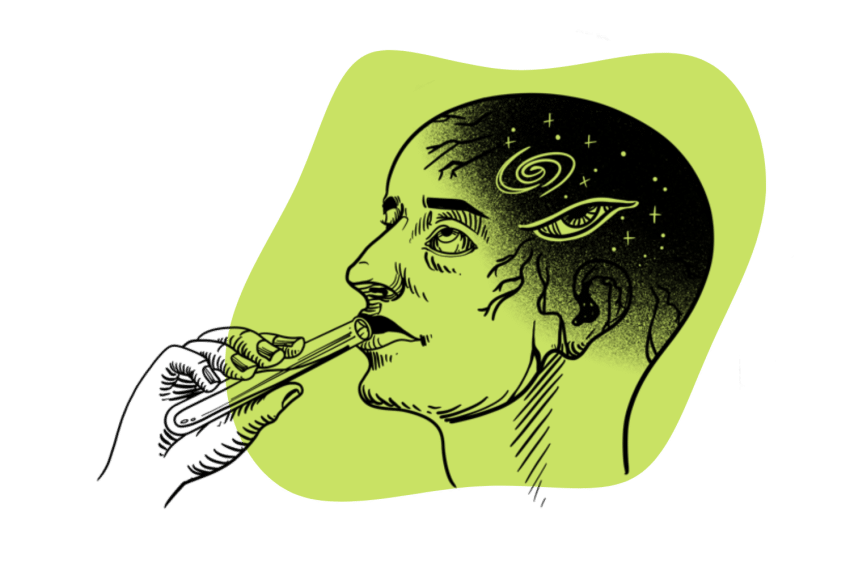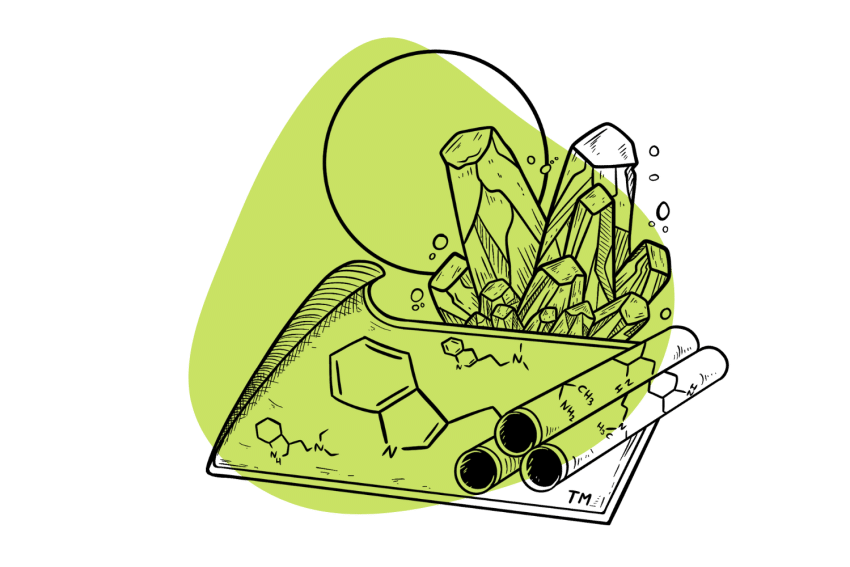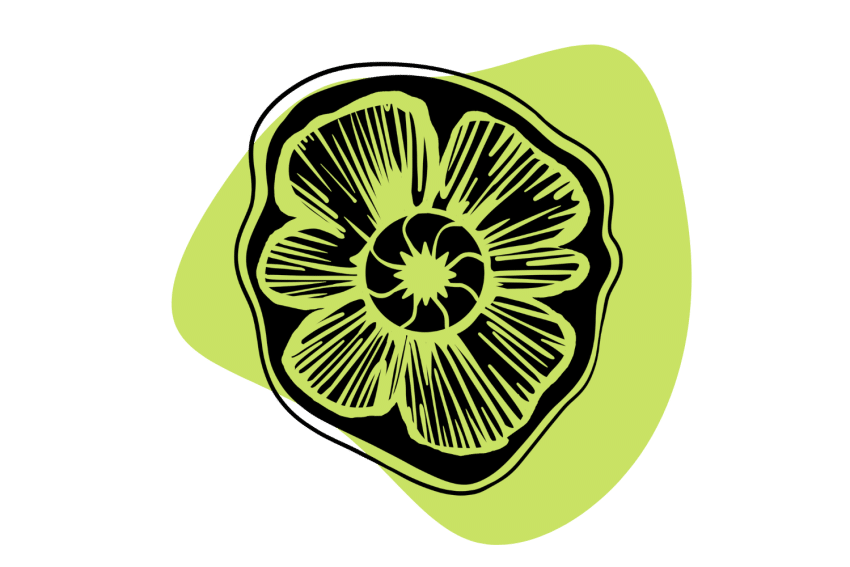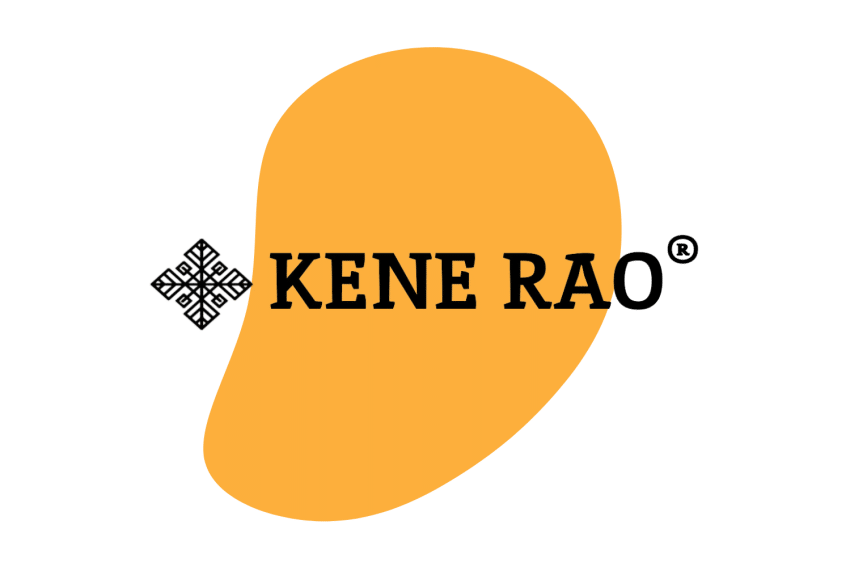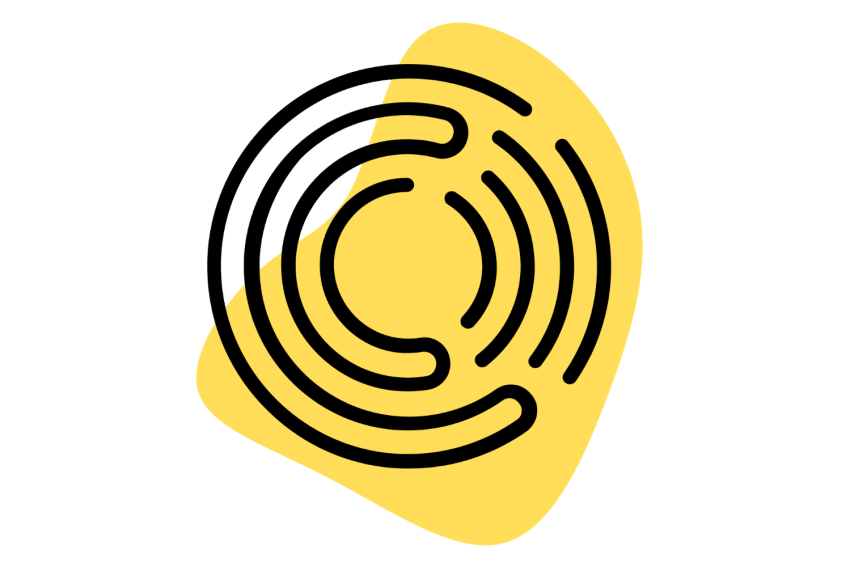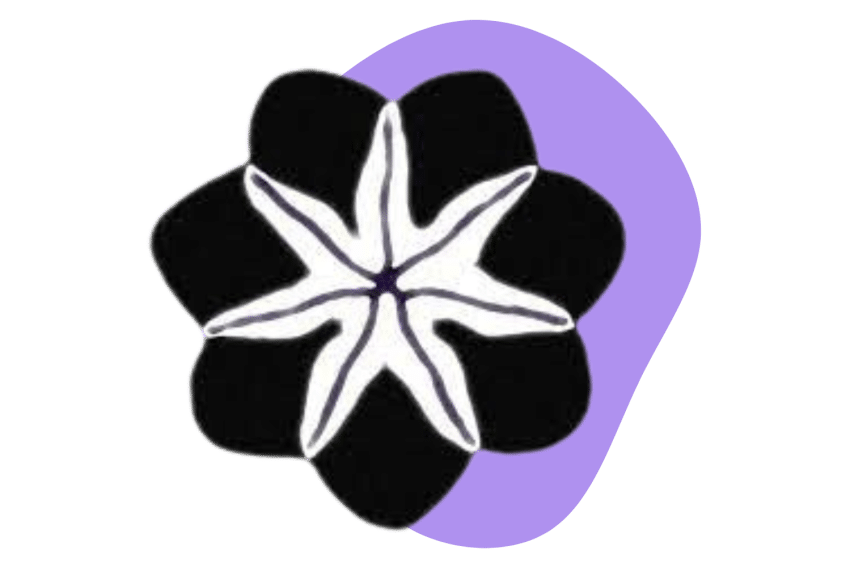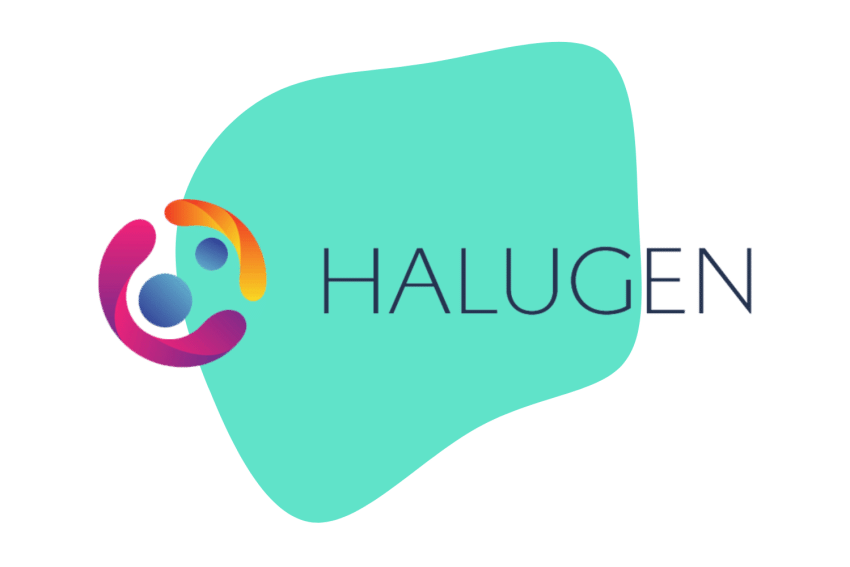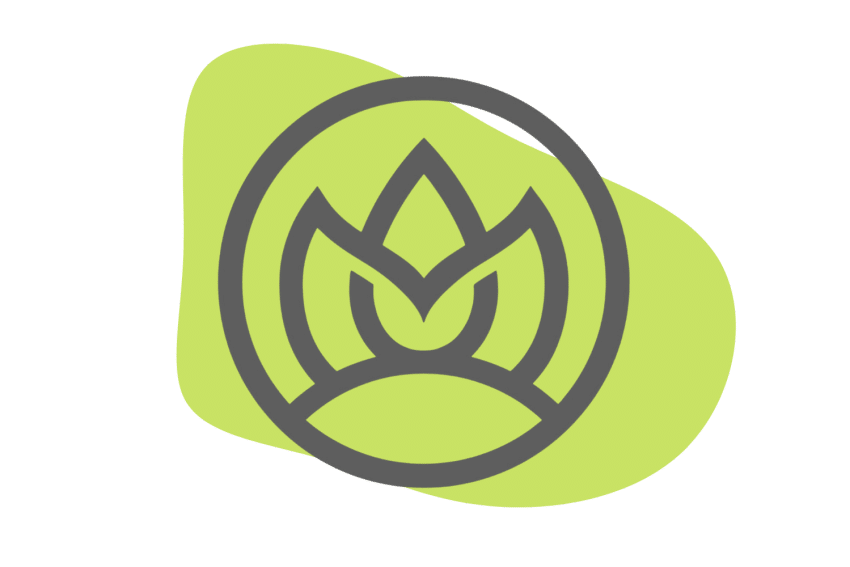El Puente: Building Bridges of Reciprocity
Creating a meaningful reciprocity project is challenging. Amanda Efthimiou shares what El Puente learned during fieldwork in Brazil.
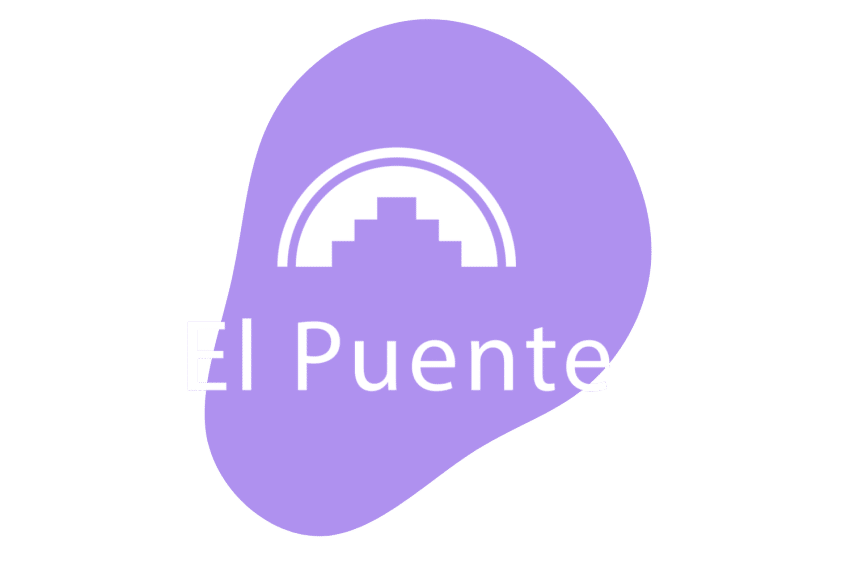
El Puente, meaning “the bridge,” is exploring just how to create models of reciprocity for the psychedelic sector.
Psychedelic medicines have long been stewarded by indigenous people around the world. Indigenous connections to plant medicine stretch further back than we can calculate. Throughout prohibition and colonialism, cultures have continued their traditions.
Psychedelics are entering the pharmaceutical industry to become conventional clinical medicines. This industry operates on profits, and projections put it in the billions.
Psychedelic compounds come from the natural world, and back in their lands of origin, indigenous people face poverty and loss of their land and traditions and stand to benefit very little from the “psychedelic renaissance.”
Knowledge of the predicament is spreading. But helping our fellow human beings is a complex problem, despite the best intentions. The solution is “reciprocity” — another idea co-opted from indigenous peoples, which is quickly becoming a buzzword in the psychedelic space.
Reciprocity means being reciprocal — giving back, fair exchange, mutual benefit, and altruism.
But how do people achieve this?
How do such exchanges work between very different cultures using the same medicines but with no meaningful contact with each other?
Who is El Puente?
One of El Puente’s directors, Amanda Efthimiou, having just returned from work on the ground in Brazil, sat down to explain El Puente’s approach. “We really want it to be more than here, we’re in profit” and handing over only money.
Actually providing reciprocity proves to be a complex process, and Efthimiou emphasizes, “It all starts with the relationship. The relationship is the seed. And without that, there’s no trust. There’s no connection.” She breaks down how early models of the project, as plans laid out by consultants or ideas about how certain systems and technologies could work, cannot replace “connections to people who are running things in a place.”
Doing just that, the team traveled to Brazil and, in the process, realized the need to return to grassroots.
EL Puente Projects
Instead of the reforestation projects that were top of mind morphed into several initiatives across regions and groups.
Currently, El Puente is moving forward on 4 big projects:
- Ethnobotanical Resevere — In partnership with communities in Igarapé Mapia in Acre, Purus, and Juruá rivers, the goal is the creation of the Amazon’s First ethnobotanical reserve.
- House of Cultures — In Rio Branco, the capital of Acre, the establishment of houses where indigenous living in the city have a reference for their culture and as a place for intercultural exchange.
- Sustainable Ethnobotanicals Research — A pilot program for growing, mapping, and conducting phytochemical analysis and ethnopharmacological prospection of medicinal plants in the Amazon. The expectation is products and services empowering local communities.
- Centro Huwa Karu Yuxibu — An agroforestry and ecodevelopment project led by local community leader Mapu Huni Kuin. The purchase of land will allow for the cultivation of food and medicine like cacao, organic meat, and bath products while restoring ancestral habitats.
Efthimiou emphasizes that they are “not just giving donations to existing non-profits.”
Instead, El Puente is an operational foundation as well, building out projects like the Ethnobotanical Reserve. The foundation has contracted five people on the ground in Brazil to carry out day-to-day conversations with the parties involved.
After their first trip, the realization of finding alignment with people in the state of Acre, Brazil, meant a shift in vision and mindset. “We have really learned to listen,” says Efthimiou. Letting go of any agenda and allowing “actual needs to unfold organically,” as things do in indigenous societies, she elaborates.
Once the team started listening, the realization of being in a place that moves at a different pace set in. A fundamental shift, too, was figuring out what reciprocity really means. More than tidy definitions of “give and take,” Efthimiou brings making amends into the conversation.
Defining Reciprocity
How can one simply give back what was unfairly taken?
Members of the team took the time to head for several days down the Amazon to connect with indigenous leaders and, in a sense, receive their blessings to move ahead with the project. They had to “take away any preconceived notions of what it means to support,” and find real humility to ask for permission.
Events that have contributed to psychedelic use in the Western World came from indigenous peoples holding on to traditions, often kept secret from colonial powers.
Would we have understood the power of magic mushrooms without Gordon Wasson meeting Maria Sabina?
How about explorers like Richard Evans Schultes being open to learning from indigenous people in the Amazon?
Reparations?
Psychedelics falling into the hands of Western powers is a collision of worlds. For generations, indigenous people have suffered the consequences of another’s worldview. While in modern times, education and social justice movements move to remedy the current state of the world, many wounds remain raw.
In El Puente’s early conversations with elders in Colombia, they were told no conversation about reciprocity could occur before first addressing reparations. This is not the response of every indigenous group, but it deserves a moment’s thought. Many conversations will need to happen before projects like El Puente can succeed. Getting permission, listening, having humility, and many other lessons yet to be learned will be the way to make sitting down at the table meaningful.
And as Efthimiou says:
“We need to start walking the talk, to have indigenous on the team.”

